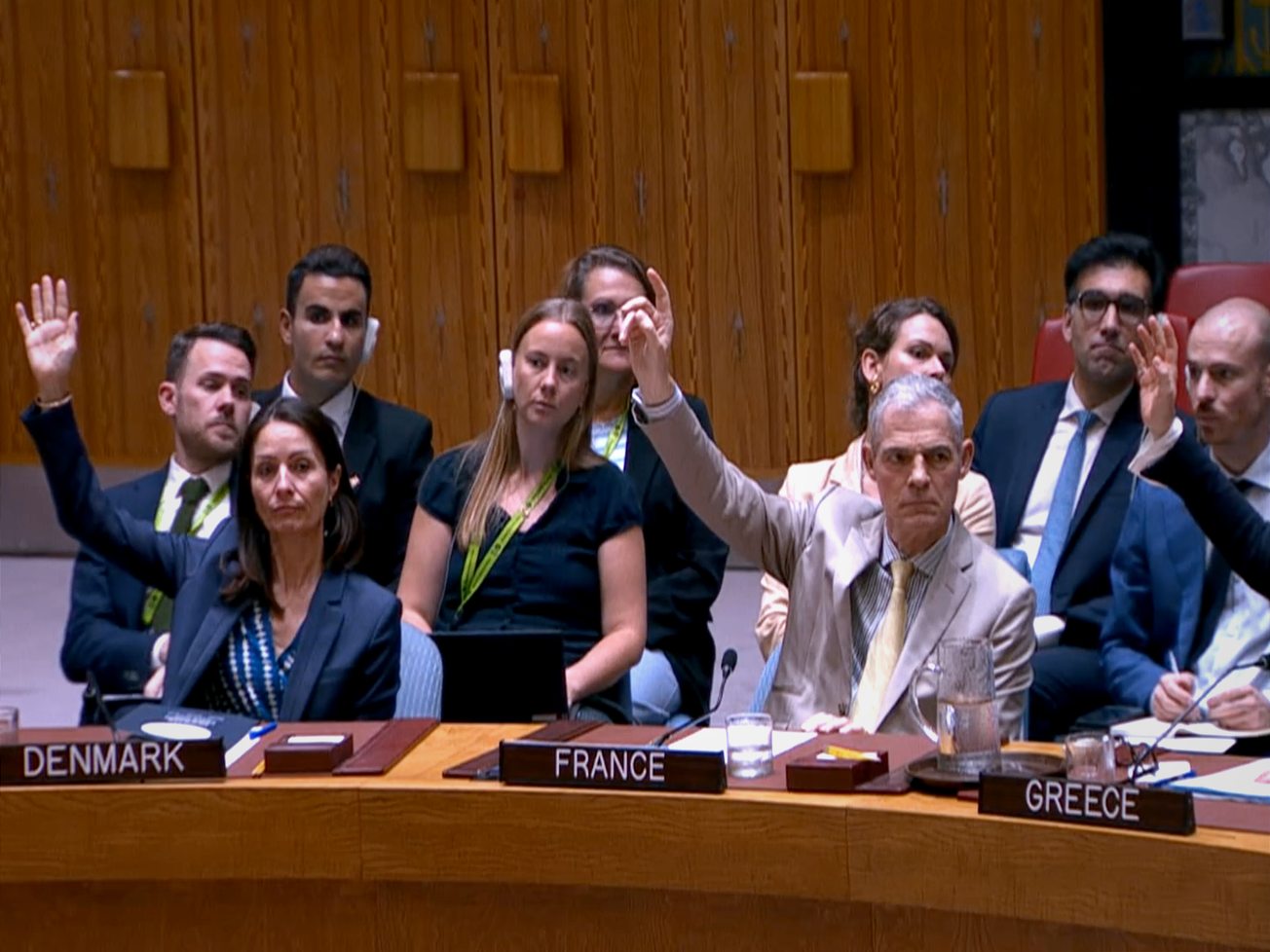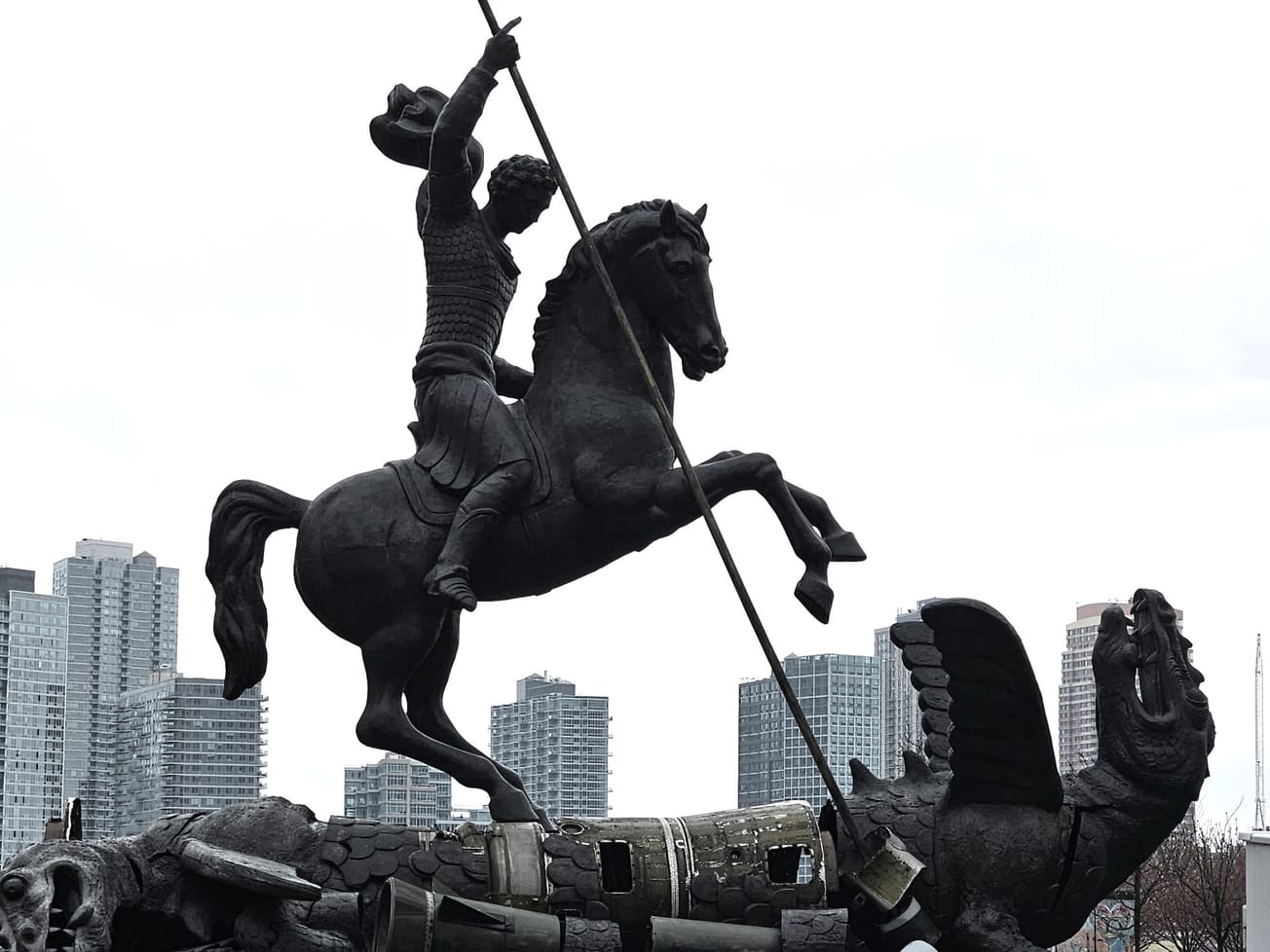The United Nations nuclear watchdog called for a security zone around Ukraine's Zaporizhzhya Nuclear Power Plant where combatants are "playing with fire" by shelling targets in the vicinity.
The International Atomic Energy Agency's new 52-page report on Tuesday says the fighting is "a constant threat to nuclear safety and security because critical safety functions (containment of the radioactivity and cooling in particular) could be impacted."









